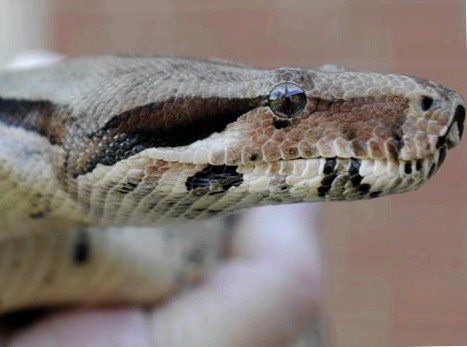
Scott boback and his colleagues from dickinson college in carlisle (USA) had fed 16 boas between one and one and a half meters long with specially prepared dead rats. These were implanted with water-filled bladders with hoses, through which the researchers could measure the pressure exerted by the snake. One of the bubbles was also connected to an electric pulse pump, with which the researchers simulated an artificial heartbeat of 195 beats per minute.
It was shown that rats with "heartbeat" were choked for about 20 minutes – twice as long as prey without supposed pulse. The pressure was also about twice as high on average as for lifeless prey. In the "live" rats, the snakes also frequently varied pressure and body position. The animals only love to go after the pump has been switched off for a while – and thus the artificial pulse was no longer traceable. Even snakes that had never caught live prey showed this behavior, researchers report. So it is at least partly innate.
Worming is a very exhausting way of catching prey. Therefore, it makes sense for the animals to determine when they can reduce the pressure, the researchers write. How the snakes detect the death of their victims has not been clear until now. A simpler variant would be the reaction to decreasing body movements – the dependence on the heartbeat may have developed as a reaction to the capture of coarser cold-blooded animals. They continued to live even with extremely slowed movements.